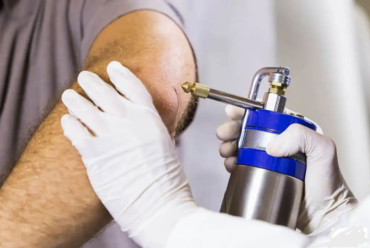In dermatology, the delivery of sexually transmitted infection (STI) care is comprehensive and patient-centered. Dermatologists are trained to diagnose and manage a wide range of STIs, offering confidential consultations in a sensitive and non-judgmental environment. They utilize various diagnostic tools such as physical examinations, laboratory tests, and sometimes biopsies to accurately diagnose STIs and determine the most effective treatment plan tailored to the patient’s needs.
Treatment options for STIs in dermatology often include prescription medications like antibiotics, antivirals, or antifungals, administered based on the specific infection and its severity. Dermatologists emphasize the importance of patient education, providing information on safe sexual practices, partner notification, and prevention methods such as vaccination against HPV. They strive to empower patients with knowledge to make informed decisions about their sexual health and reduce the risk of future infections.
Additionally, dermatologists in STI care contribute to public health initiatives by participating in research, surveillance programs, and advocacy efforts. They collaborate with other healthcare providers and community organizations to promote STI prevention, early detection, and effective management strategies. By integrating STI care into their dermatological practice, professionals ensure comprehensive support for patients while contributing to broader efforts aimed at reducing STI transmission rates and improving overall sexual health outcomes.




